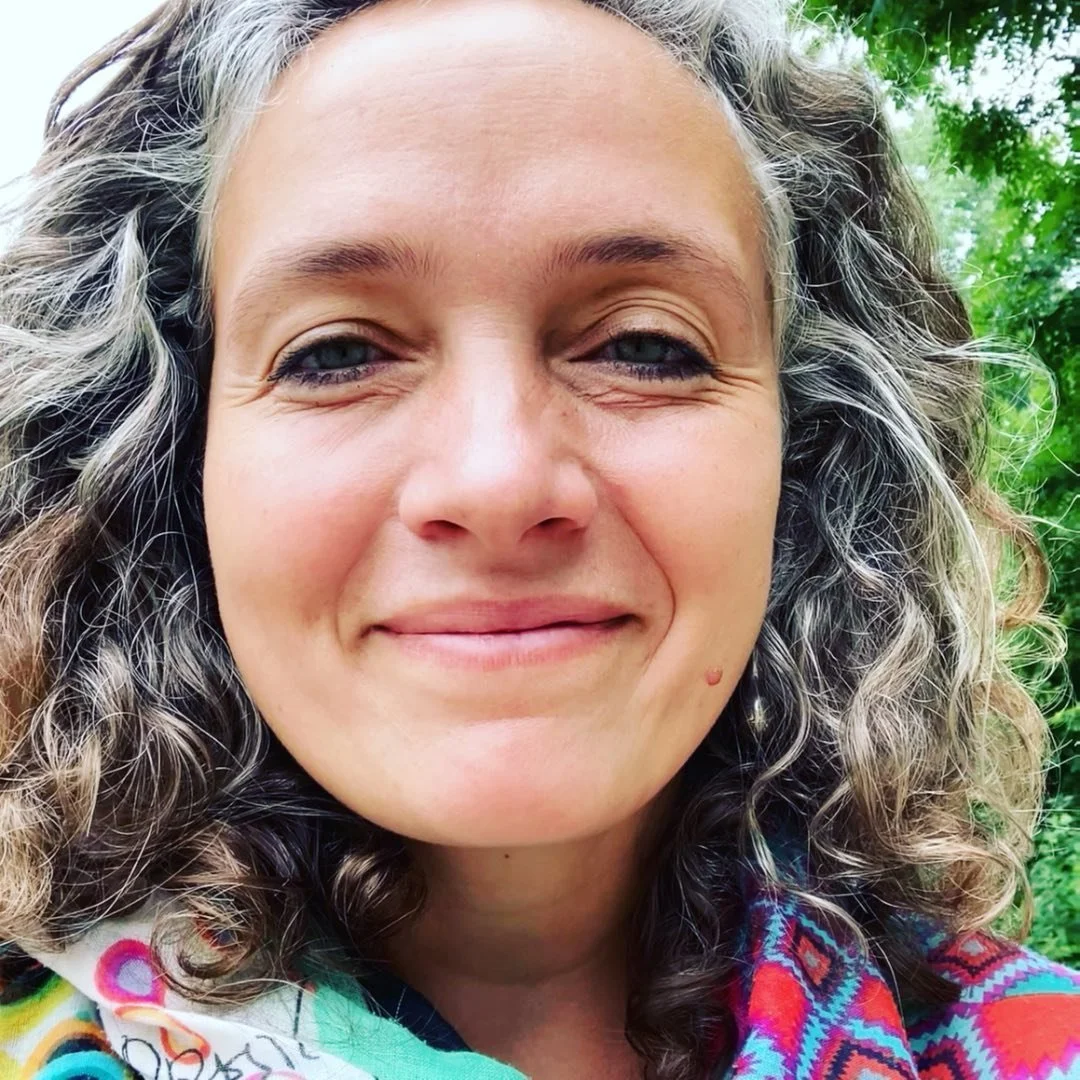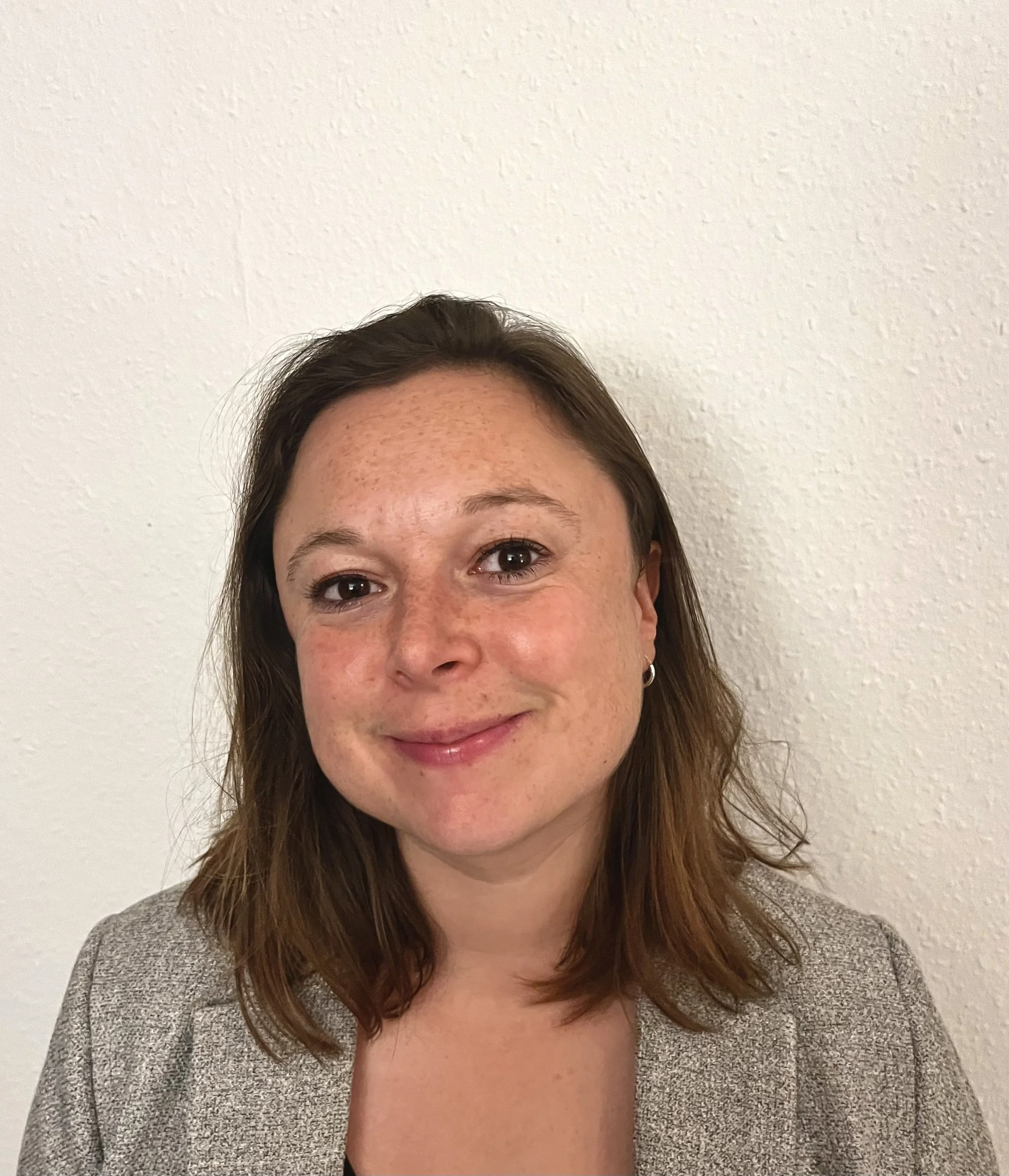ibrahim saïd
Ibrahim Saïd possesses extensive experience in research, policy development, and analysis across the development and humanitarian sectors. He has collaborated with various United Nations entities, national and international organisations, and governments, developing policy strategies grounded in evidence-based research in areas including forced displacement, durable solutions, Social and Solidarity Economy, child protection and safeguarding, gender justice, violence prevention, and the Humanitarian Development Nexus, among others.
Dr. Saïd holds a Ph.D. in Anthropology and Sociology of Development from the Graduate Institute, and a Master's degree from the Department of Social Policy and Intervention at the University of Oxford. His academic research interests span legal and political anthropology, human rights, settler colonial studies, (colonial) governmentality studies, the anthropology of policy, the Social and Solidarity Economy, and feminist critique.
claudio todisco
Claudio Todisco is a long-term scholar of humanitarian studies with a broad professional experience in the aid sector. He earned his PhD in Anthropology at the Graduate Institute of Geneva, and has researched extensively about the intersection of conflict, humanitarian action and migration in South Sudan. His fieldwork extends from East-Africa and across different regions of the world, with an interest in transnational mobility and international bureaucracies.
Previously, he served for the medical, humanitarian organization Médecins Sans Frontières, covering different roles, from researcher to project manager and deputy country director in diverse contexts of Africa and Europe. He has also worked as Senior Program Officer for the South Sudan portfolio at the Global Fund to Fight AIDS, Tuberculosis and Malaria.
As a consultant, he has conducted analysis and research on conflict, refugee policies, emergency relief and international development.
flavien renaud
Flavien Renaud is an experienced researcher with an established profile in the analysis and evaluation of development cooperation projects. He has a PhD in Anthropology and Sociology of Development, an International Executive Master degree in Development Studies and a Master in Sociology. He has conducted field research in multiple contexts for long periods of time, with a main geographic focus on East and West Africa.
He has worked for several years in the NGO sector, managing projects in advocacy and communication. His area of expertise covers different domains, such as agriculture (food crops, cash crops), livelihood, cooperatives, commodity markets, social and solidarity economy, privatization and liberalization projects, microfinance, participation-based projects and capacity building.
Flavien is also an artist. He provides training in the fields of the performing arts, vocal and corporal expression and public speaking.
Ekaterina Cupelin
Ekaterina Cupelin has a Ph.D. in Anthropology and Sociology of Development from the Graduate Institute of Geneva, and a Masters of Science in Children's Rights from the University of Amsterdam.
Dr Cupelin is passionate about field research and research methodologies. Her research focuses on ethnographies of the encounter, women and children rights, identity politics, personhood, experiences of motherhood, feminism, ordinary violence, work, labour and precarity.
She currently works as a Managing Director and Head of Research at the Postnatal Support Network, an international NGO, and also as a doula.
DIEGO SILVA
For over a decade, Diego Silva has explored the transformation of agrarian worlds through the introduction of technological and market innovations in Latin America. His research has encompassed the development of genetically engineered seeds in Colombia, various climate-smart technologies in Argentina, and the emergence of carbon markets in forest and agrarian settings across the region. Silva holds advanced degrees in Economics, International Development, and Anthropology (PhD).
Dr Silva's professional experiences include roles at the Colombian Ministry of Agriculture, Tropenbos, and the Canadian Foundation of the Americas, as well as engagements with other governmental and non-governmental institutions. As part of his academic service and political engagements, he serves as editor of Grassroots, a section of the Journal of Political Ecology dedicated to publishing work about socio-environmental movements. Furthermore, since 2016, he has been a collaborative member of the editorial team of Alternautas, an academic journal that promotes Latin American perspectives on development in the English-speaking world.
MIRA FEY
Mira Fey is an experienced researcher and evaluator with over ten years of experience assessing and developing policy solutions to better protect people in situations of discrimination, vulnerability, and marginality. Her mixed-method research has focused on sexuality and gender, social and public health care, and adapting inadequate working conditions for minority groups such as LGBTQI+ people. Mira holds a PhD and a Master in International Relations/Political Science from the Graduate Institute of International and Development Studies, Geneva.
Dr Fey has been teaching social policy and social work since 2019 and also delivers bespoke trainings and policy briefs to support organisations with improving internal processes centring on the inclusion of minority groups. With native proficiency in English and German, professional proficiency in French and limited working proficiency in Spanish, she is comfortable working in multiple languages






